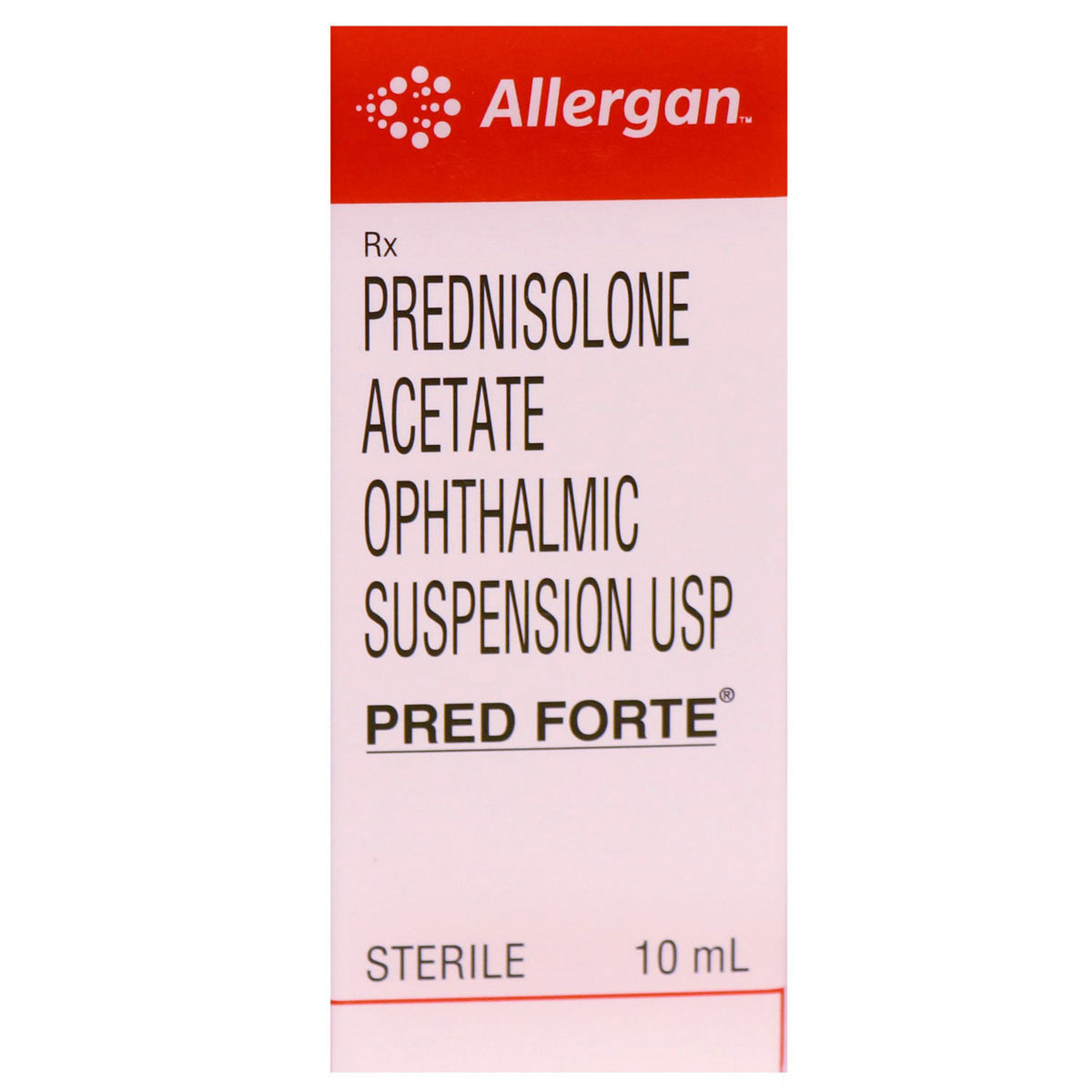- Home
- Health Condition
Medicine For Eye Swelling
Medicine For Eye Swelling
- Total Items (363)
 RX
RXMyatro 0.01% Eye Drops 5 ml
₹232.20
MRP ₹258
10% off
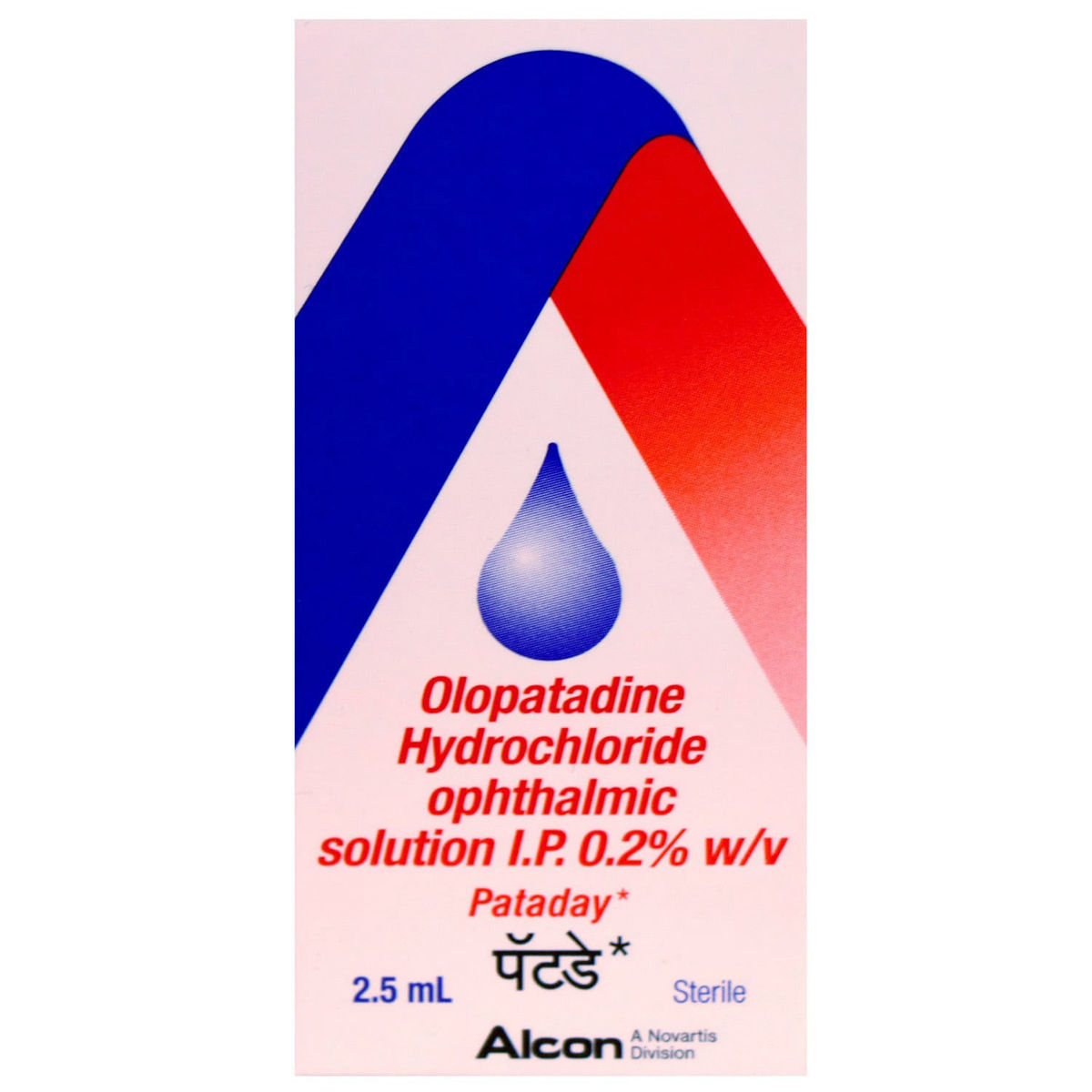 RX
RXPataday Ophthalmic Solution 2.5 ml
₹431.10
MRP ₹479
10% off
 RX
RXKidtro Eye Drops 5 ml
₹260.10
MRP ₹289
10% off
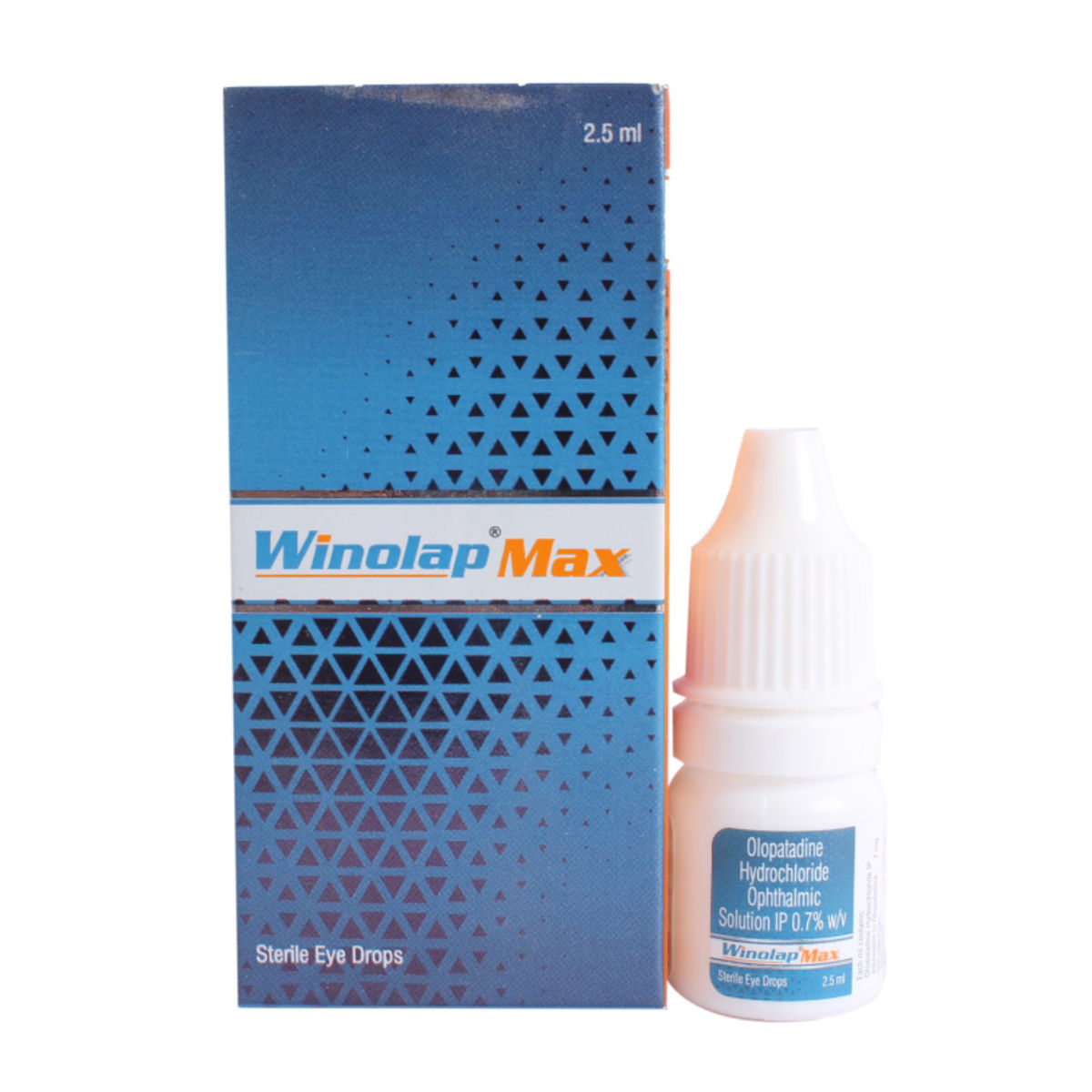 RX
RXWinolap Max Eye Drops 2.5 ml
₹279.90
MRP ₹311
10% off
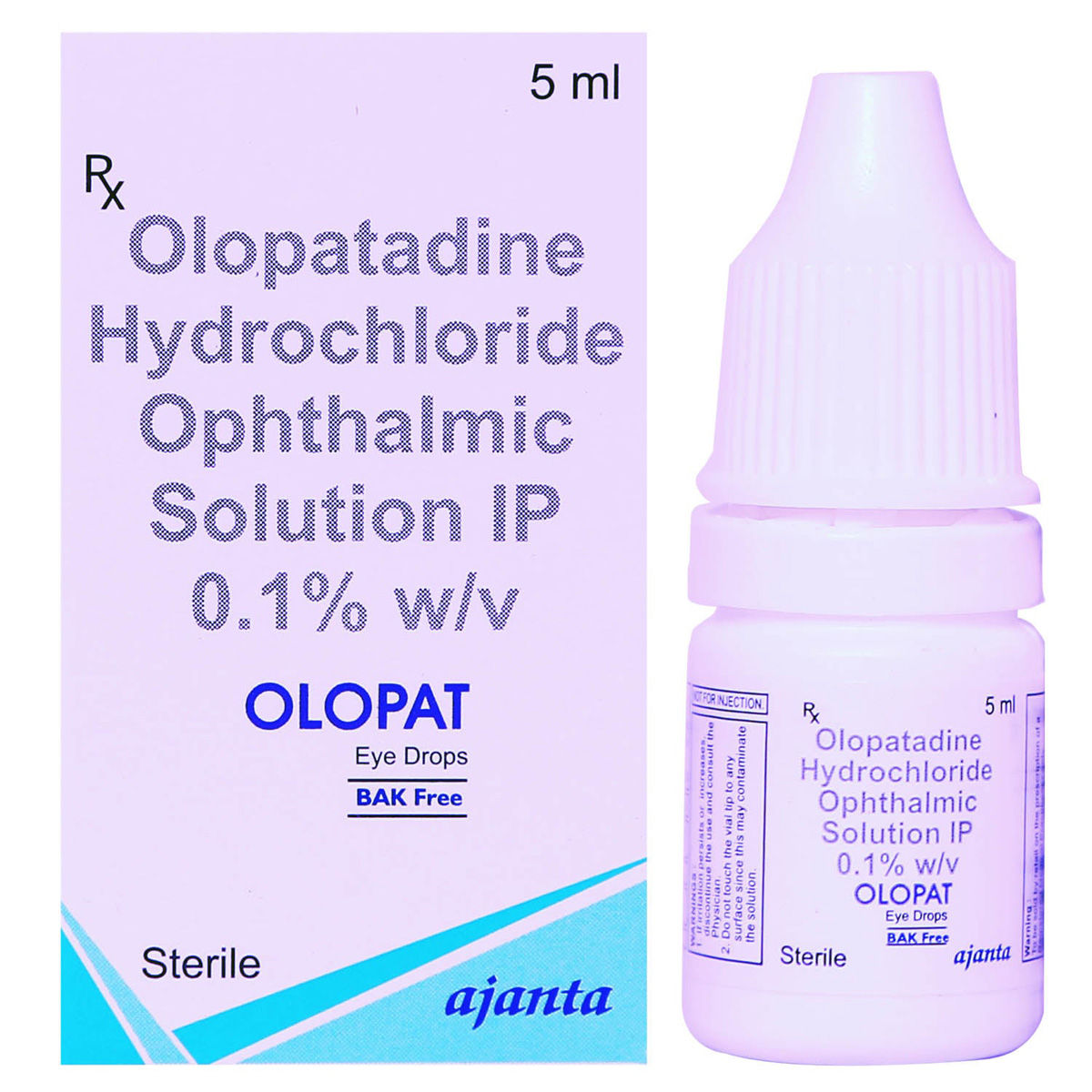 RX
RXOlopat Eye Drops 5 ml
₹196.20
MRP ₹218
10% off
 RX
RXLotepred Eye Drops 5 ml
₹194.40
MRP ₹216
10% off
 RX
RXFML Liquifilm Drops 5 ml
₹165.60
MRP ₹184
10% off
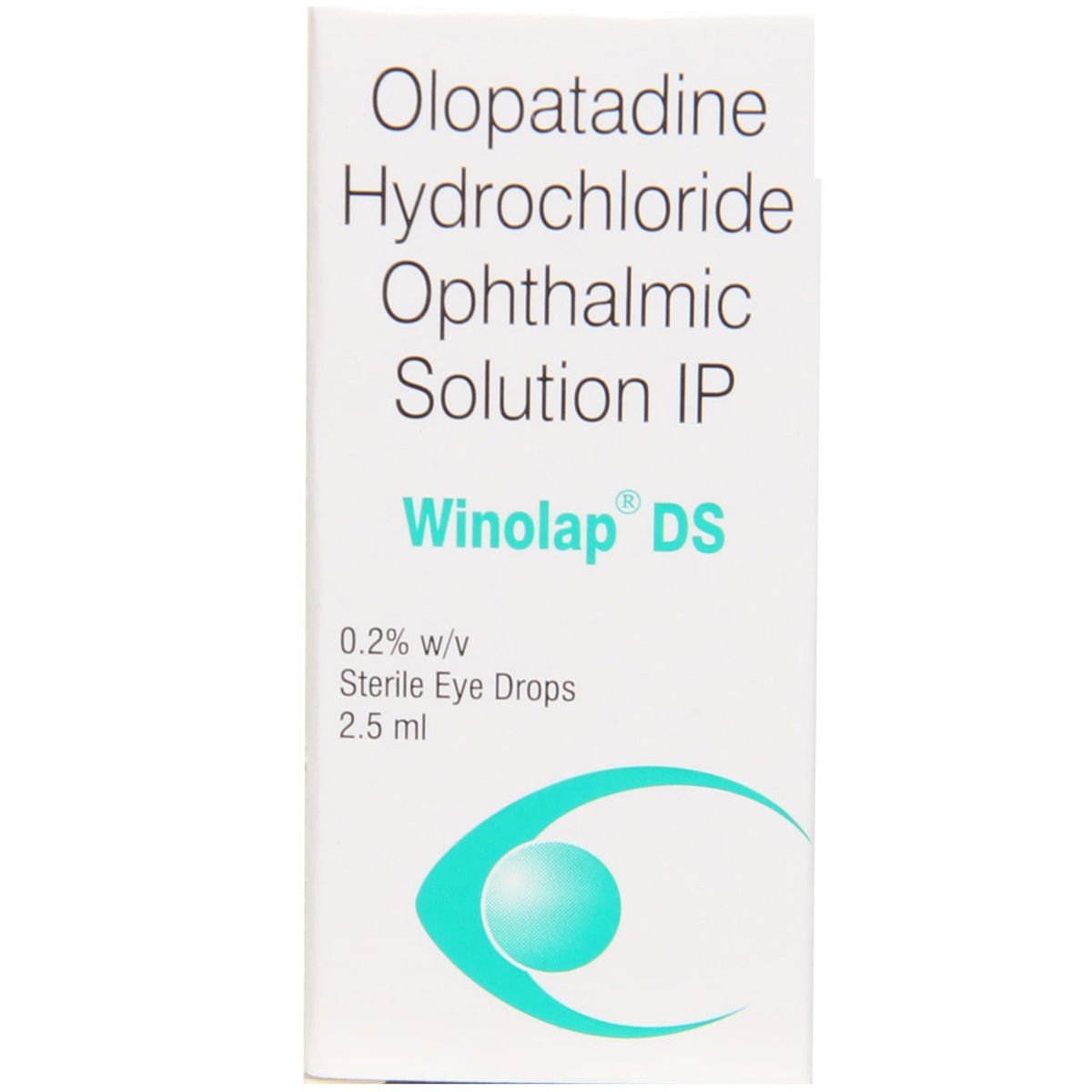 RX
RXWinolap DS Eye Drops 2.5 ml
₹213.30
MRP ₹237
10% off
 RX
RXL-Pred Opthalmic Suspension 5 ml
₹224.10
MRP ₹249
10% off

Wet-Comod Drops 10 ml
₹535.50
MRP ₹595
10% off
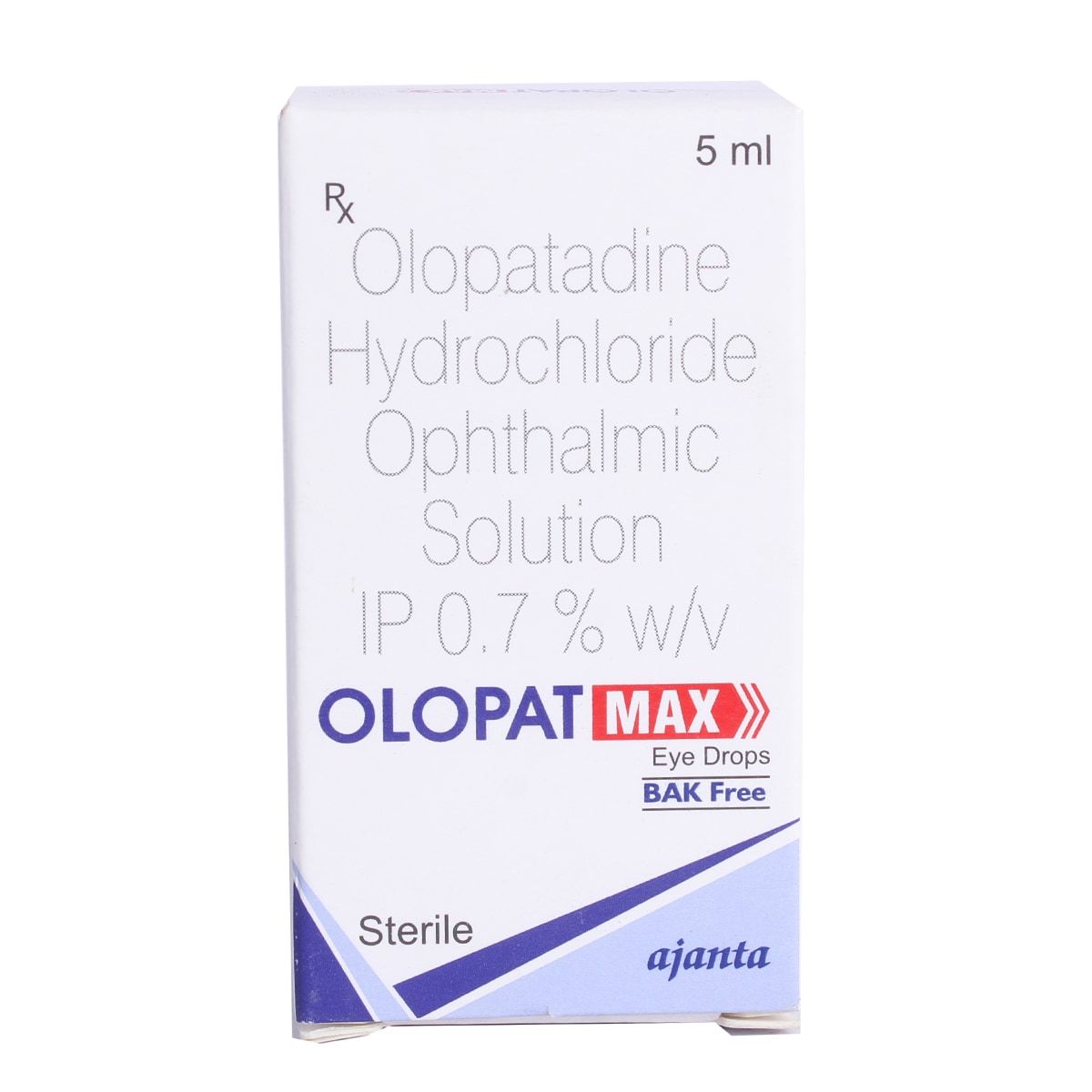 RX
RXOlopat Max Eye Drops 5 ml
₹307.80
MRP ₹342
10% off
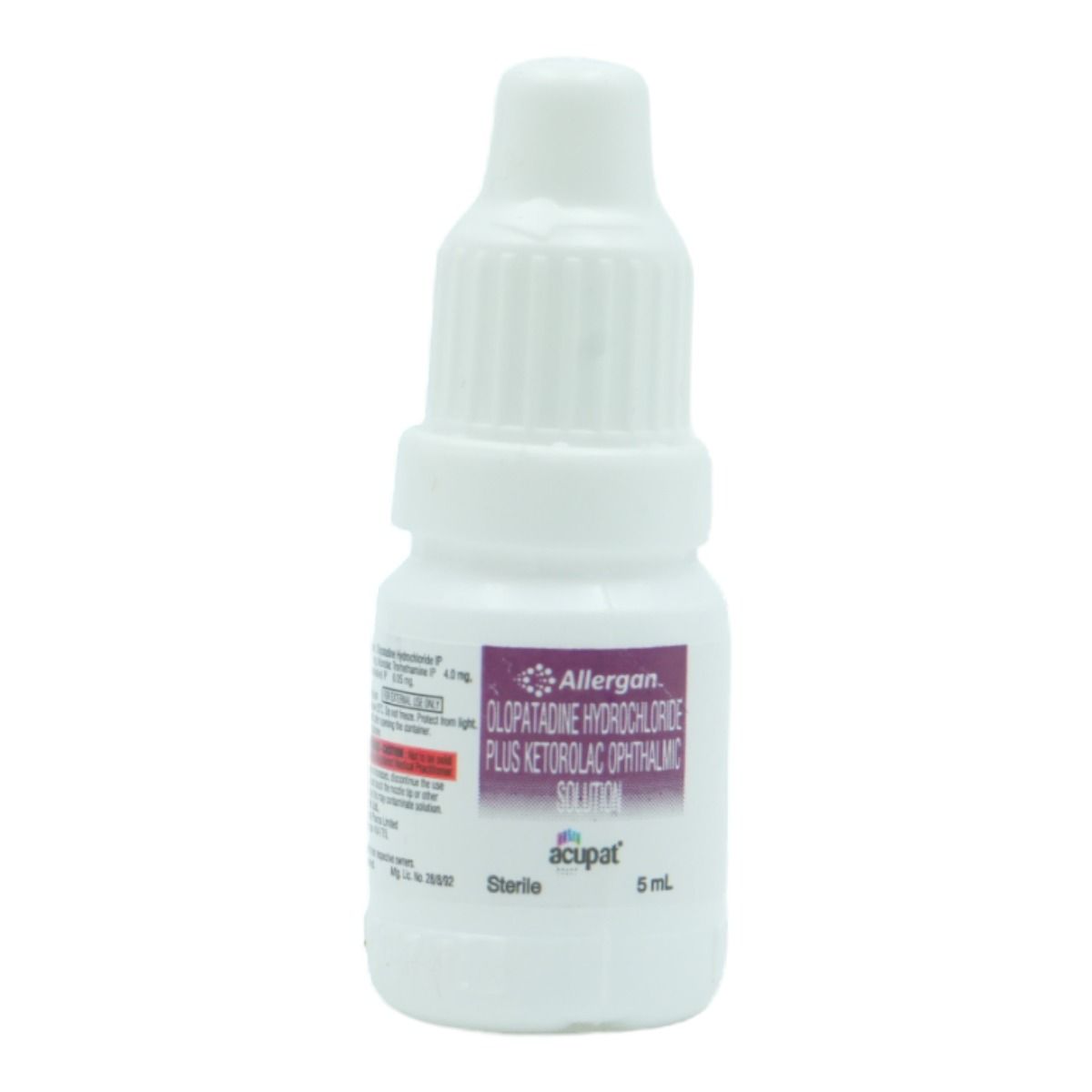 RX
RXAcupat Opthalmic Solution 5 ml
₹215.60
MRP ₹239.50
10% off
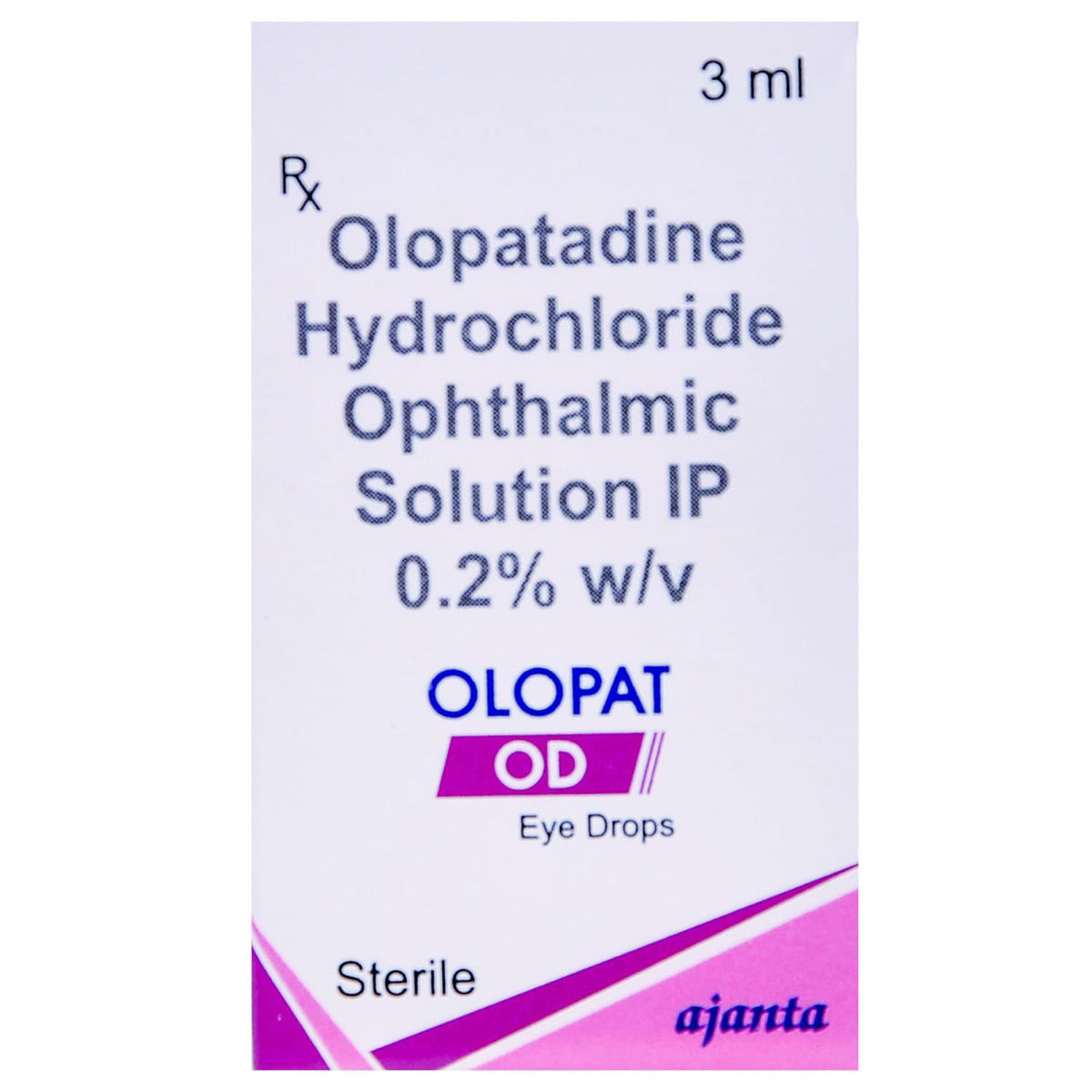 RX
RXOlopat OD Eye Drops 3 ml
₹236.70
MRP ₹263
10% off
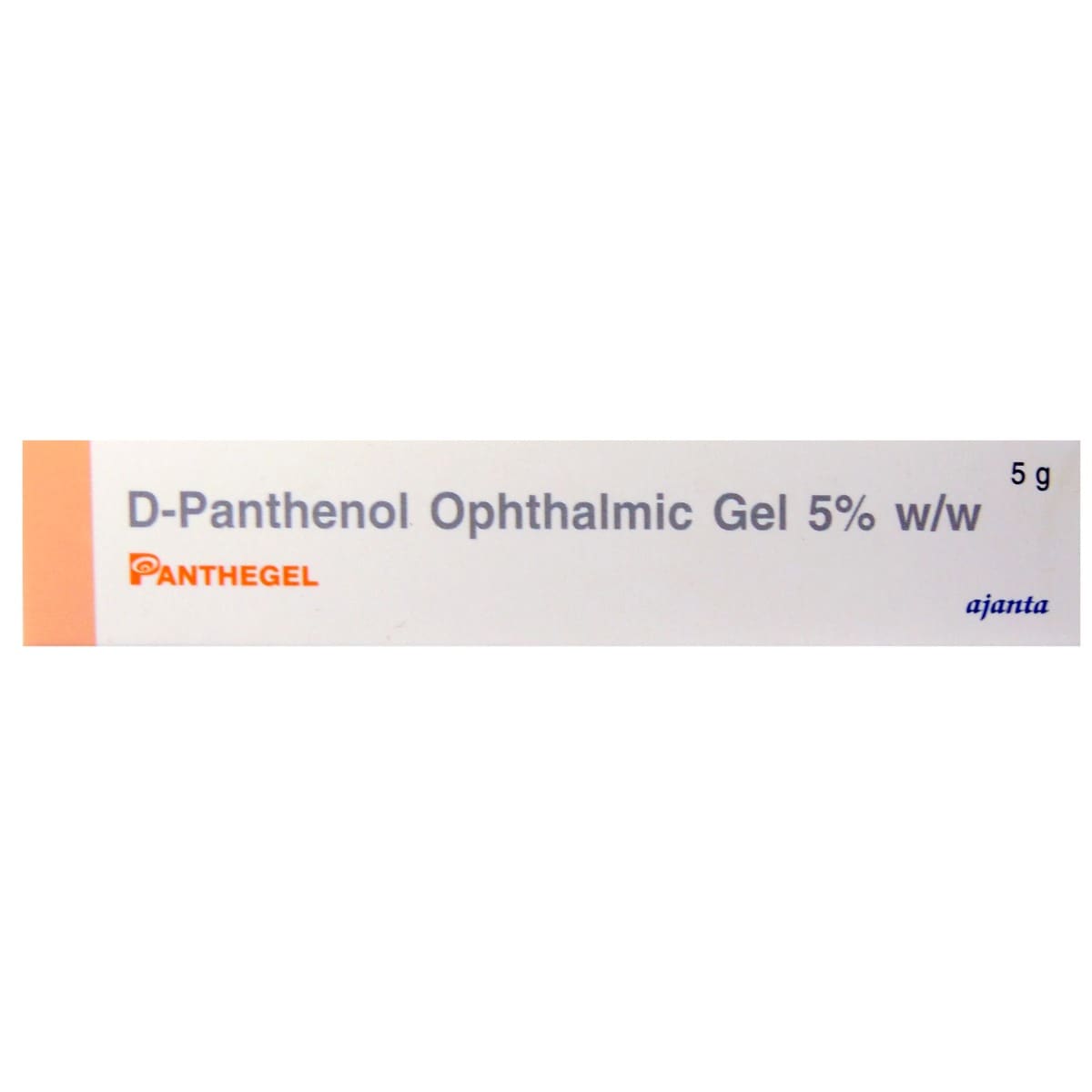
Panthegel Ophthalmic Gel 5 gm
₹183.60
MRP ₹204
10% off
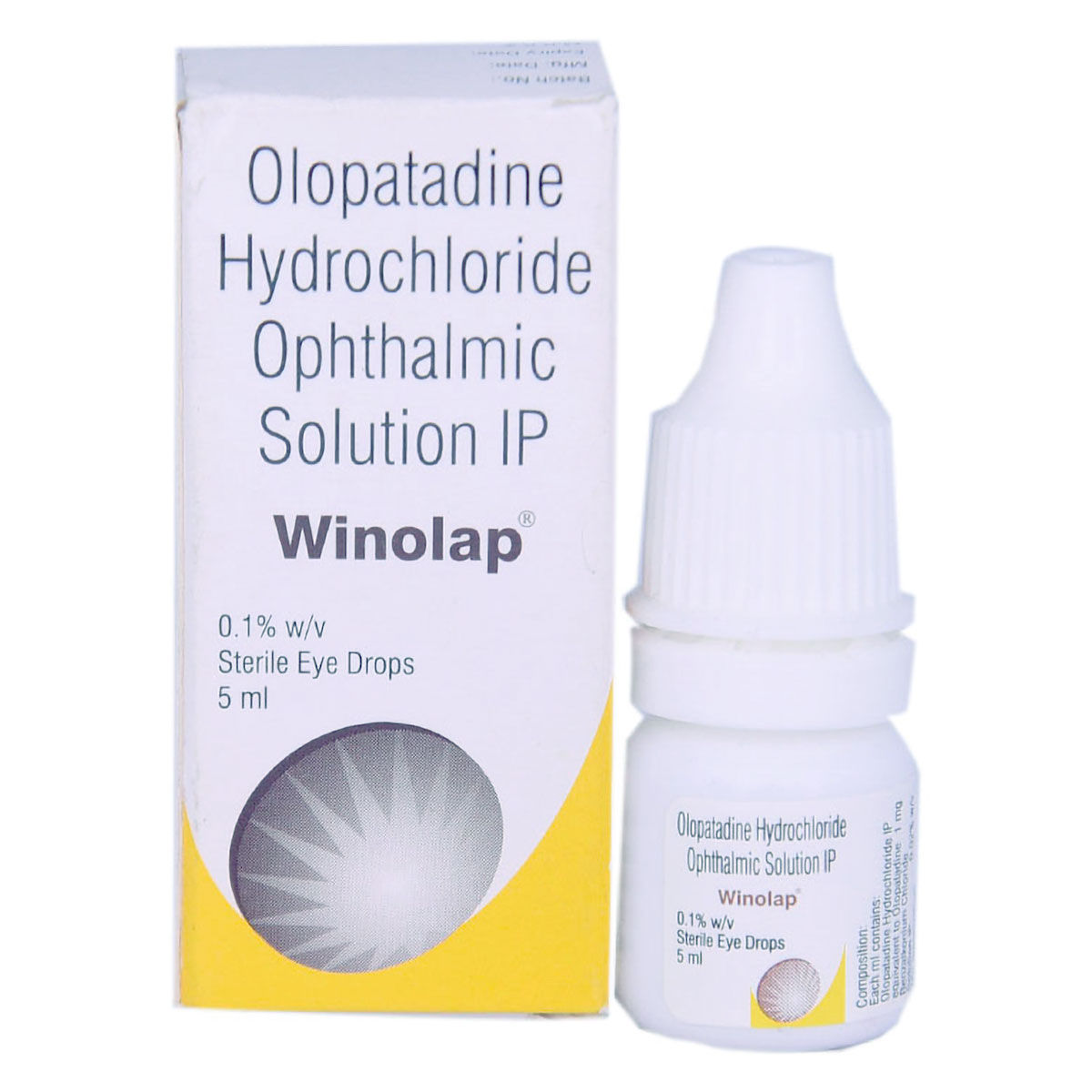 RX
RXWinolap 0.1% Eye Drops 5 ml
₹179.10
MRP ₹199
10% off
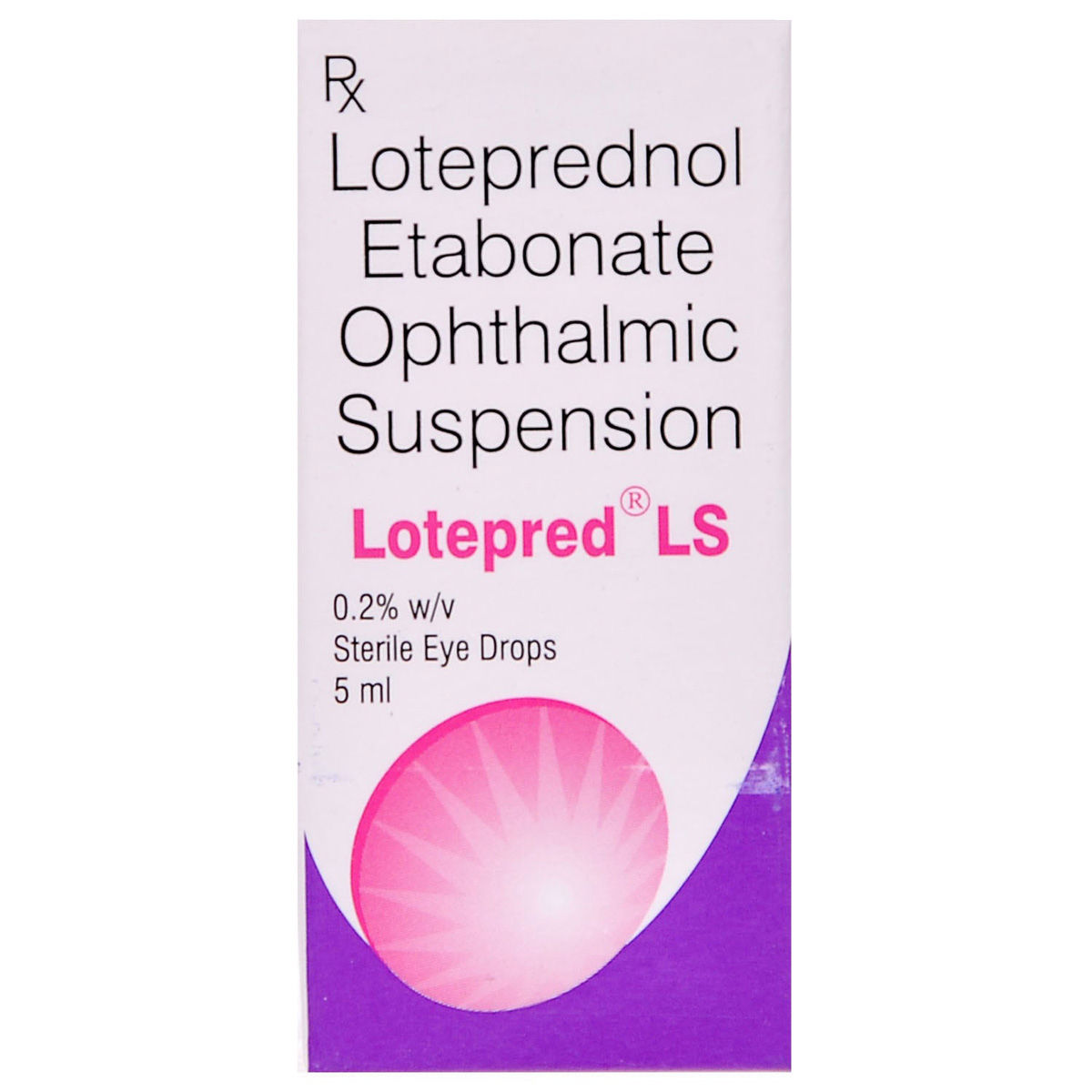 RX
RXLotepred LS Eye Drops 5 ml
₹144
MRP ₹160
10% off
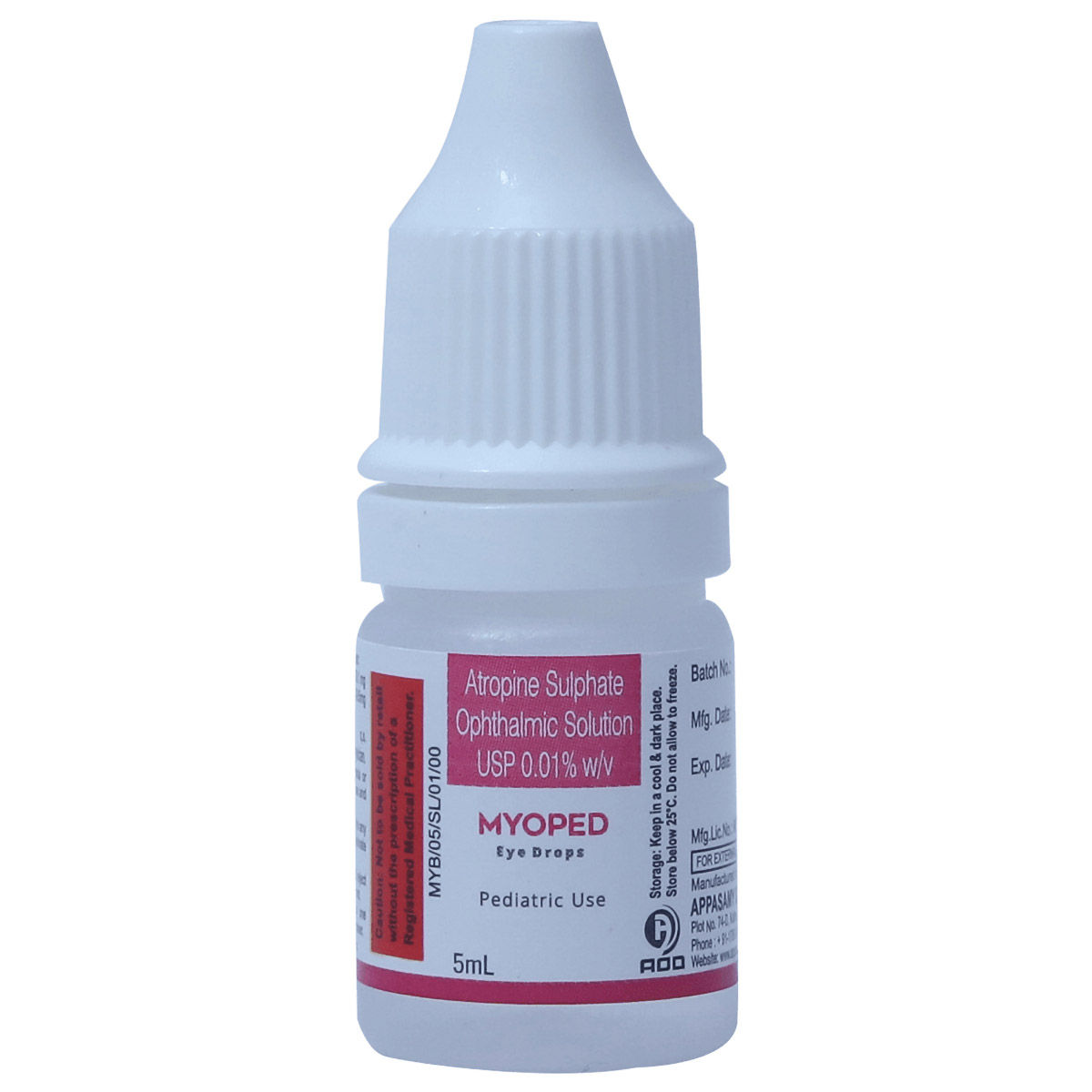 RX
RXMyoped 0.01% Paed Eye Drops 5 ml
₹184.50
MRP ₹205
10% off
 RX
RXNeosporin-H Ointment 5 gm
₹77.40
MRP ₹86
10% off

Rejuglow-UE Serum 20 gm
₹882
MRP ₹980
10% off
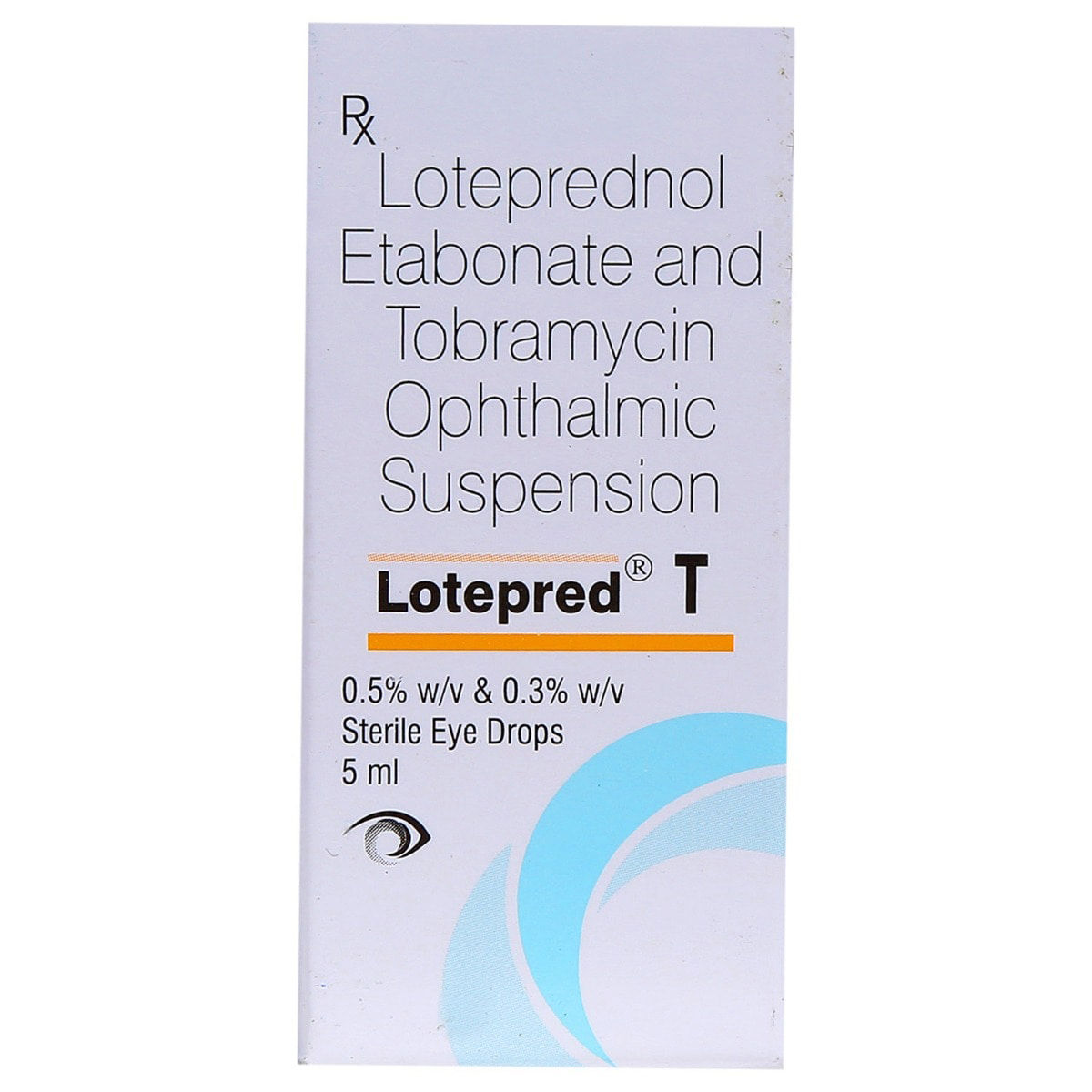 RX
RXLotepred T Eye Drops 5 ml
₹203.40
MRP ₹226
10% off
 RX
RXMydrat-J Eye Drops 5 ml
₹171
MRP ₹190
10% off
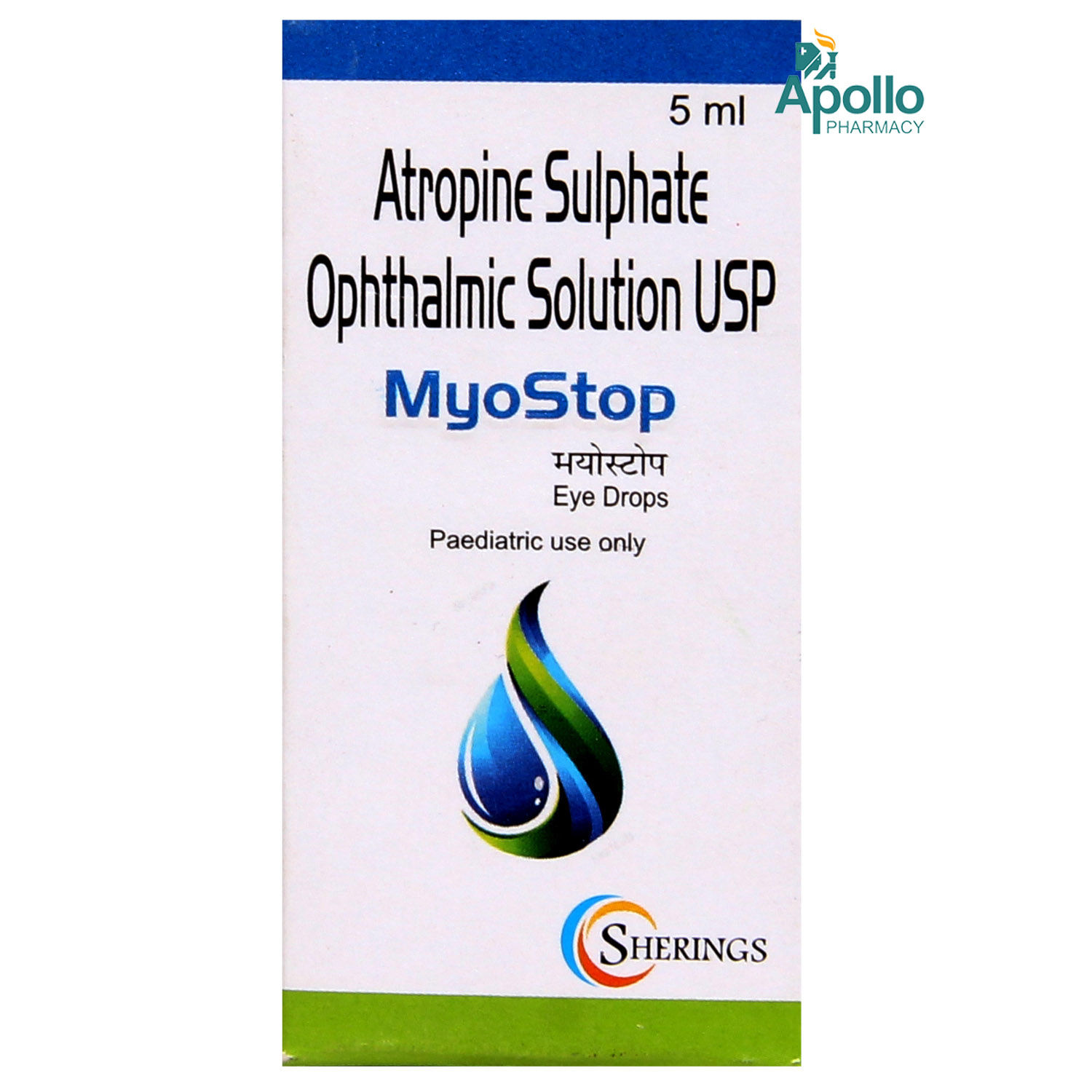 RX
RXMyostop Eye Drops 5 ml
₹225
MRP ₹250
10% off
 RX
RXBysipin Sterile Eye Drops 5 ml
₹189
MRP ₹210
10% off
Medicine for Eye Swelling
Eye swelling, also called periorbital oedema, is a common problem where the skin and tissues around the eyes become swollen or puffy. This can happen in one or both eyes and can be caused by things like allergies, infections, injuries, or other health problems. In many cases, eye swelling goes away with simple home remedies, but sometimes medicine is needed to help reduce the swelling and treat the cause.
Types of Medicine for Eye Swelling
There are several types of medicines available for managing eye swelling, depending on the underlying cause. Below are the categories of medications commonly used to treat eye swelling:
1.Antihistamines
Antihistamines are commonly used to treat eye swelling caused by allergies. When the body encounters an allergen such as pollen, pet dander, or dust mites, it releases histamine, leading to inflammation in the eye area. Antihistamines block histamine receptors, reducing swelling, itching, and irritation. They can be taken in various forms, including oral tablets, eye drops, or nasal sprays. Oral antihistamines like cetirizine or loratadine are frequently recommended for relieving symptoms of allergic eye swelling.
2.Corticosteroids
Corticosteroids, also known as steroids, are potent anti-inflammatory medications often prescribed for eye swelling caused by inflammation or autoimmune conditions, such as conjunctivitis or uveitis. These medicines work by calming down the body's immune system, reducing inflammation, and helping to shrink the swelling. Corticosteroids may be given as eye drops, pills, or even injections, depending on how serious the swelling is. Some examples of corticosteroids for eye swelling are prednisolone and hydrocortisone.
3.Antibiotics
If eye swelling is caused by a bacterial infection, antibiotics may be necessary to treat the underlying infection and reduce the inflammation. Bacterial infections like conjunctivitis (pink eye) can lead to swelling, redness, and discharge from the eyes. Antibiotic eye drops or ointments are commonly used to treat such infections. For more severe cases, oral antibiotics may be prescribed. Popular antibiotics for eye infections include gentamicin, ciprofloxacin, and chloramphenicol.
4.Decongestants
Decongestants are used to relieve nasal congestion that can sometimes contribute to eye swelling. These medications reduce the size of blood vessels in the nose, alleviating swelling around the eyes caused by sinus pressure. Decongestants may come in the form of nasal sprays, tablets, or eye drops. They are often used in combination with other medications to manage swelling. However, they should be used cautiously, as prolonged use can lead to side effects such as rebound congestion.
5.Non-Steroidal Anti-Inflammatory Drugs (NSAIDs)
Non-steroidal anti-inflammatory drugs (NSAIDs) are another class of medicine for eye swelling, especially when it is associated with mild to moderate inflammation or pain. NSAIDs like ibuprofen and diclofenac work by reducing inflammation, pain, and fever, which can help alleviate symptoms of eye swelling caused by various conditions, including injury or inflammatory disorders.
Benefits of Using Medicine for Eye Swelling
The main benefit of using medicine for eye swelling is that it helps treat the cause of the swelling, whether it’s due to an allergy, infection, inflammation, or another health problem. The right medicine for eye swelling can quickly relieve discomfort, reduce swelling, and stop the condition from getting worse. Here are some specific benefits:
- Faster relief: Medicines like antihistamines and corticosteroids can quickly reduce swelling and irritation around the eyes.
- Treating the cause: Instead of just hiding the symptoms, the right medicine tackles the root cause of the swelling, like an infection or allergy.
- Preventing complications: If eye infections or inflammation are left untreated, they can lead to bigger problems, including vision issues. The right medicine can help avoid these problems.
- Better comfort: Medicines not only reduce swelling but also help relieve other symptoms, like itching, pain, and redness, making you feel more comfortable.
Dosage & Usage Instructions of Medicine for Eye Swelling
The correct dosage and usage instructions for medicine for eye swelling depend on the type of medication and the specific condition being treated. Below are general guidelines for some of the most commonly used treatments:
1.Antihistamines
- Oral antihistamines: Typically taken once daily, depending on the specific product. Always follow the dosage instructions provided by your healthcare provider.
- Eye drops: Usually applied two to four times a day, depending on the severity of symptoms.
- Usage Tip: Ensure you avoid touching the tip of the dropper to your eye or skin to avoid contamination.
2.Corticosteroids
- Eye drops: For inflammation, corticosteroid eye drops are often prescribed to be used 2-4 times per day, tapering off as the condition improves.
- Oral corticosteroids: Typically used for short-term management of inflammation. Dosage will depend on the severity of the condition and should be followed as prescribed by a healthcare professional.
- Usage Tip: Always complete the full course of corticosteroids, even if symptoms improve, to avoid a recurrence of inflammation.
3.Antibiotics
- Eye drops/ointments: Typically used every 2-4 hours initially, then reduced as symptoms improve.
- Oral antibiotics: Follow the prescribed dosage schedule, usually taken twice daily for a specified period, even if symptoms resolve early.
- Usage Tip: Avoid missing doses to ensure the infection is completely cleared.
4.Decongestants
- Nasal sprays/tablets: Often used 1-2 times per day, depending on the specific product. Decongestant eye drops should be used with caution to avoid prolonged use.
- Usage Tip: Do not use nasal decongestants for more than 3 consecutive days to prevent rebound congestion.
6.NSAIDs
- Oral NSAIDs: Usually taken 1-2 times daily, with or after food, to minimise stomach irritation.
- Eye drops: For pain or inflammation, apply 1-2 drops to the affected eye, usually 3-4 times a day.
- Usage Tip: Always use NSAIDs as directed by your healthcare provider to avoid side effects.
Buy Medicine for Eye Swelling Online at Apollo 24|7
Managing eye swelling can be made simpler with the right medicines, and Apollo 24|7 provides a convenient platform for purchasing medications online. Whether you need antihistamines, corticosteroids, antibiotics, or NSAIDs, you can easily browse and order medicine for eye swelling from a trusted pharmacy. The platform offers a wide range of medications that can be delivered directly to your door, ensuring that you get the right treatment in a timely manner.
For those who are unsure about the best course of treatment, Apollo 24|7 also provides expert consultations to guide you in choosing the appropriate medication based on your symptoms.
Frequently asked questions
Antihistamines, in the form of tablets or eye drops, are the most effective for managing eye swelling caused by allergies. They help reduce swelling, itching, and irritation.
Decongestants can help alleviate swelling caused by sinus congestion, which may contribute to eye swelling. However, they should be used cautiously and only for short periods to avoid side effects.
The duration of corticosteroid use depends on the severity of the inflammation. Typically, they are used for a short period, and the dosage is tapered down as symptoms improve.
While antibiotic eye drops are generally safe, they may cause irritation, burning, or stinging in some cases. If side effects persist or worsen, contact your healthcare provider.
Mild cases of eye swelling caused by allergies, minor irritation, or lack of sleep may resolve on their own with home remedies like cold compresses and rest. However, if the swelling persists, worsens, or is accompanied by pain, redness, or vision changes, medical treatment may be necessary.

